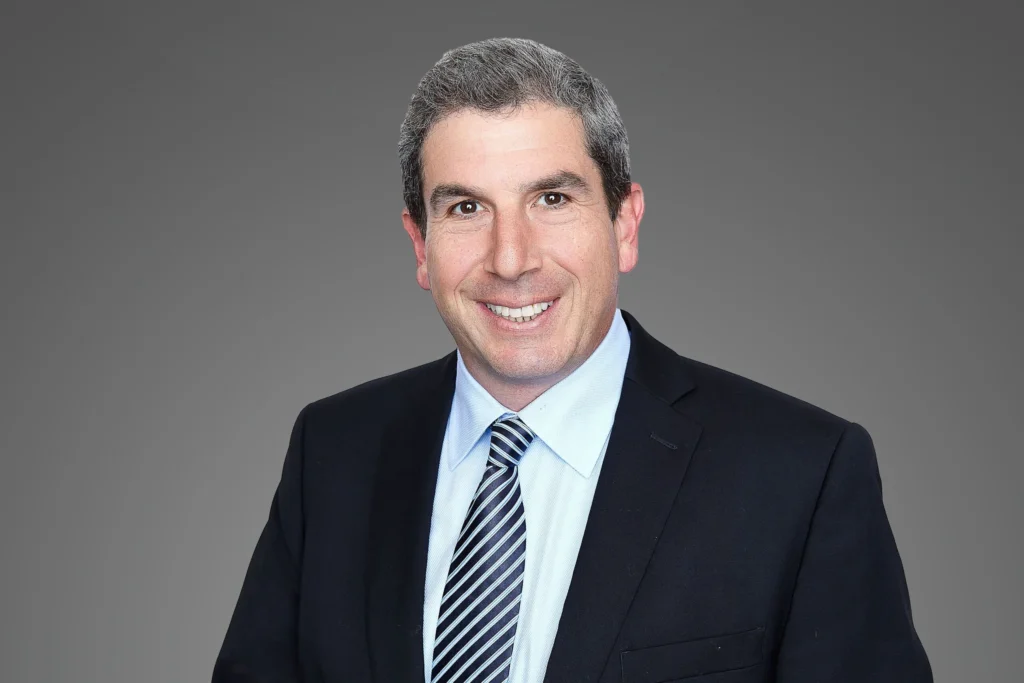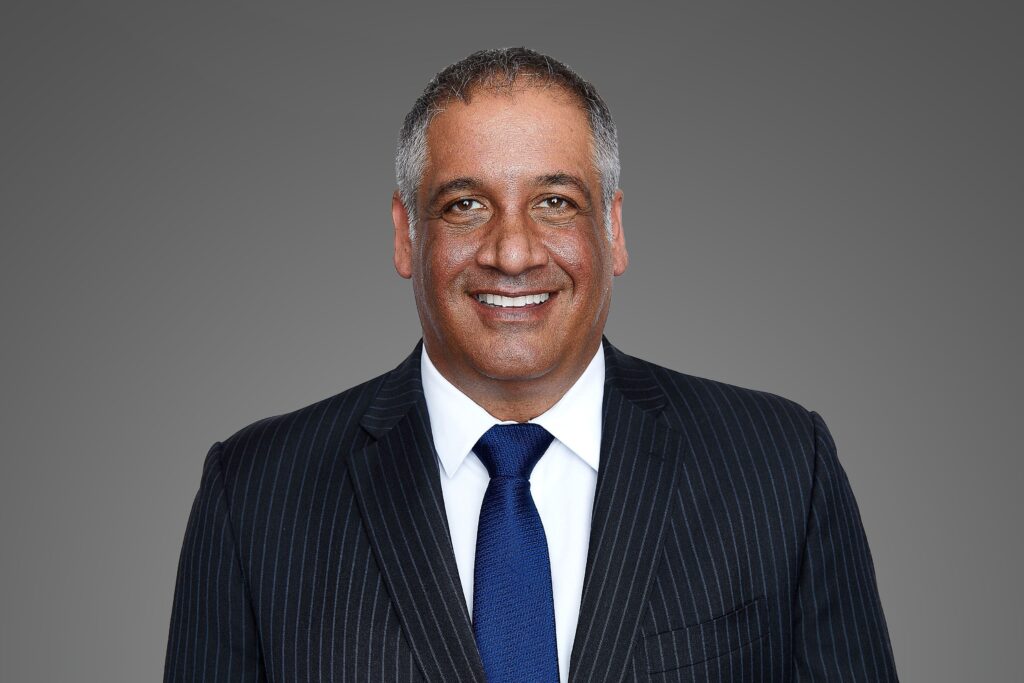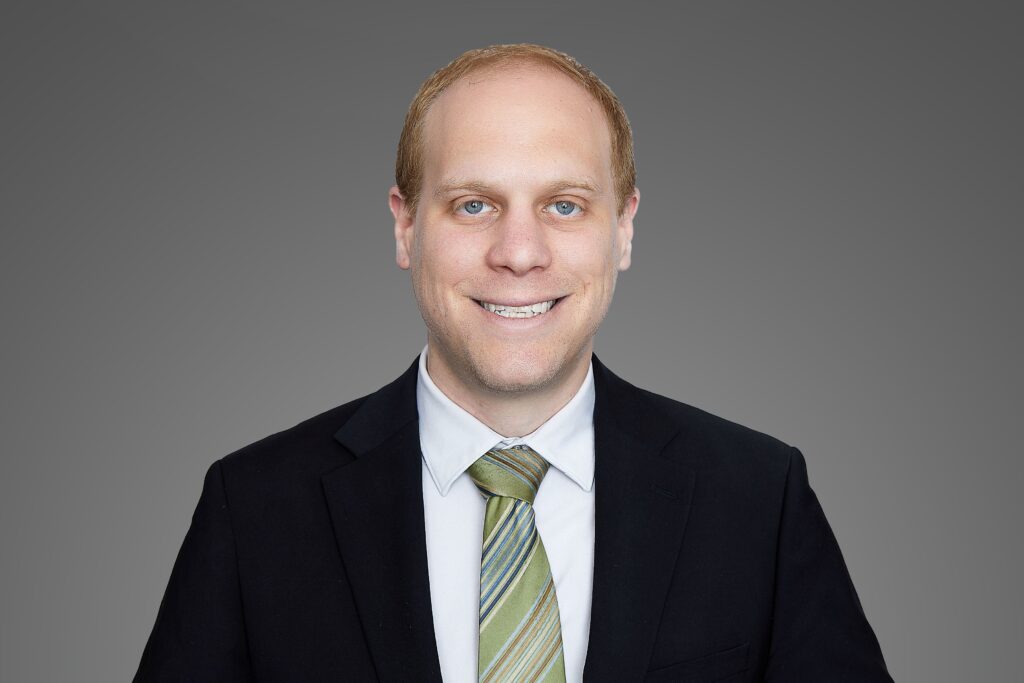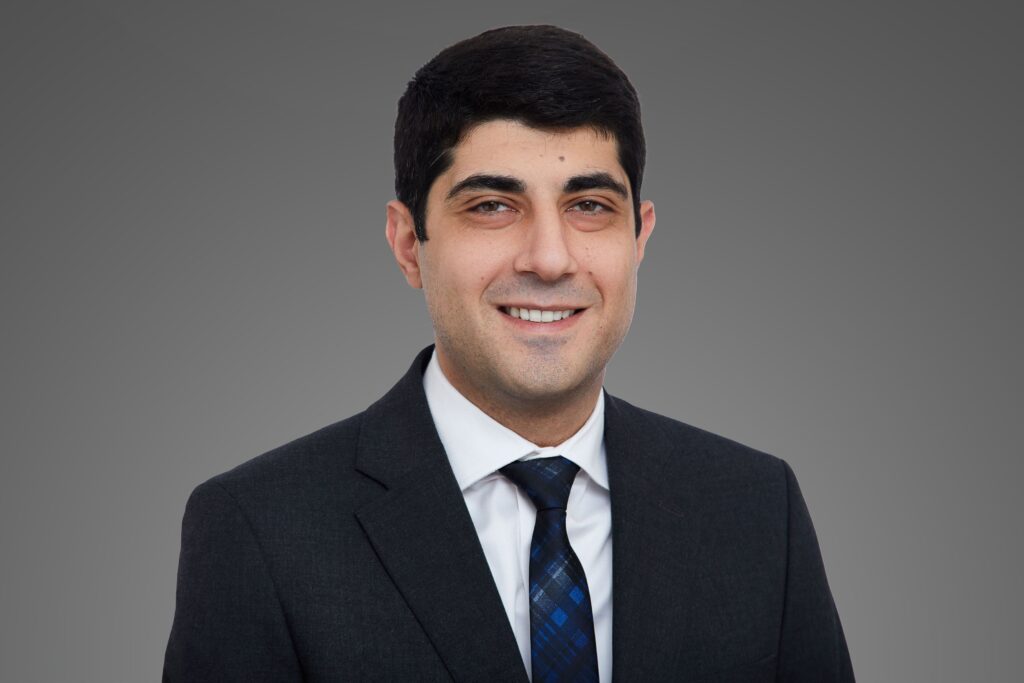A recent medical study reflects that sleep disorders from a traumatic brain injury (TBI) are severely underreported. This has important ramifications for legal claims involving a TBI.
As scientists and doctors study and learn more about the human brain, the understanding of the effects of a TBI on sleep is increasing. One problem with identifying and studying this connection is that people tend to underreport sleep disturbances even after a TBI. Sleep disorders associated with a TBI can often be overlooked.
A lack of sleep can have serious effects on a person’s psychological and physiological health. From our Circadian Rhythm to preventing certain disorders to affecting our general constitution, sleep is intricately intertwined with our health. As research continues, it is becoming apparent that the brain needs sleep just like the rest of our body.
One of the consequences of a TBI can be serious sleep disturbances. A recent study [link: http://www.neurology.org/content/86/21/1945] by Lukas L. Imbach, M.D and others linked TBI with sleep disorders. The study followed 31 people with a first-time TBI, with varying levels of severity, for eighteen months and used a control group of 42 healthy people with no prior TBI. Sixty-seven percent of the TBI group reported excessive daytime sleepiness and needed about an hour more of sleep per day compared to the control group. Most significantly, the TBI group underestimated how tired they really were.
Failure to recognize sleep disturbances in TBI patients can result cause further problems, as the amount of sleep has been linked to restoring cognitive performance as well as brain healing [link: http://www.neurology.org/content/86/21/1934.extract]. Dr. Imbach states this is a widespread and often unidentified problem: “This study makes a compelling case that sleep-wake disorders after TBI may represent a silent epidemic.”
California courts have long recognized sleep disturbances associated brain injuries as damages. As far back as 1931, the court upheld a damages award for a brain concussion and associated sleep disturbances that resulted in the plaintiff having to be woken up with water splashed on her face. (Taylor v. Lowenstein (1931) 113 Cal.App. 665, 667.)
The statistics show that millions of Americans experience a TBI annually and this number appears to be on the rise. New scientific studies have confirmed there a link between a TBI and sleep disturbances. Issues of sleep disturbances may play an important role in understanding the scope of a TBI, and may increase the damages that are claimable in a legal action.
As with all personal injury, in TBI cases damages are dependent on proof. In evaluating the scope of injuries associated with a TBI, sleep disturbances is an element that should not be overlooked.







